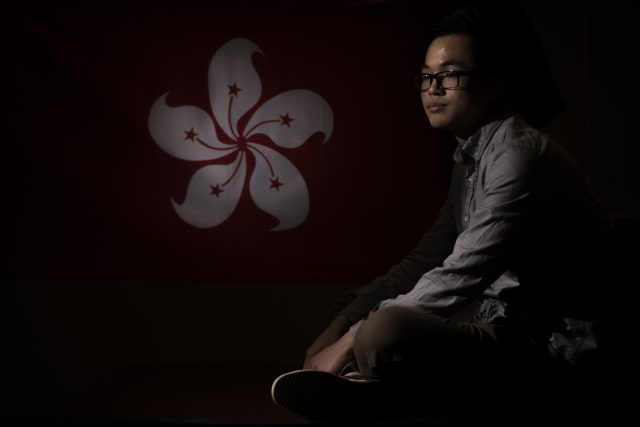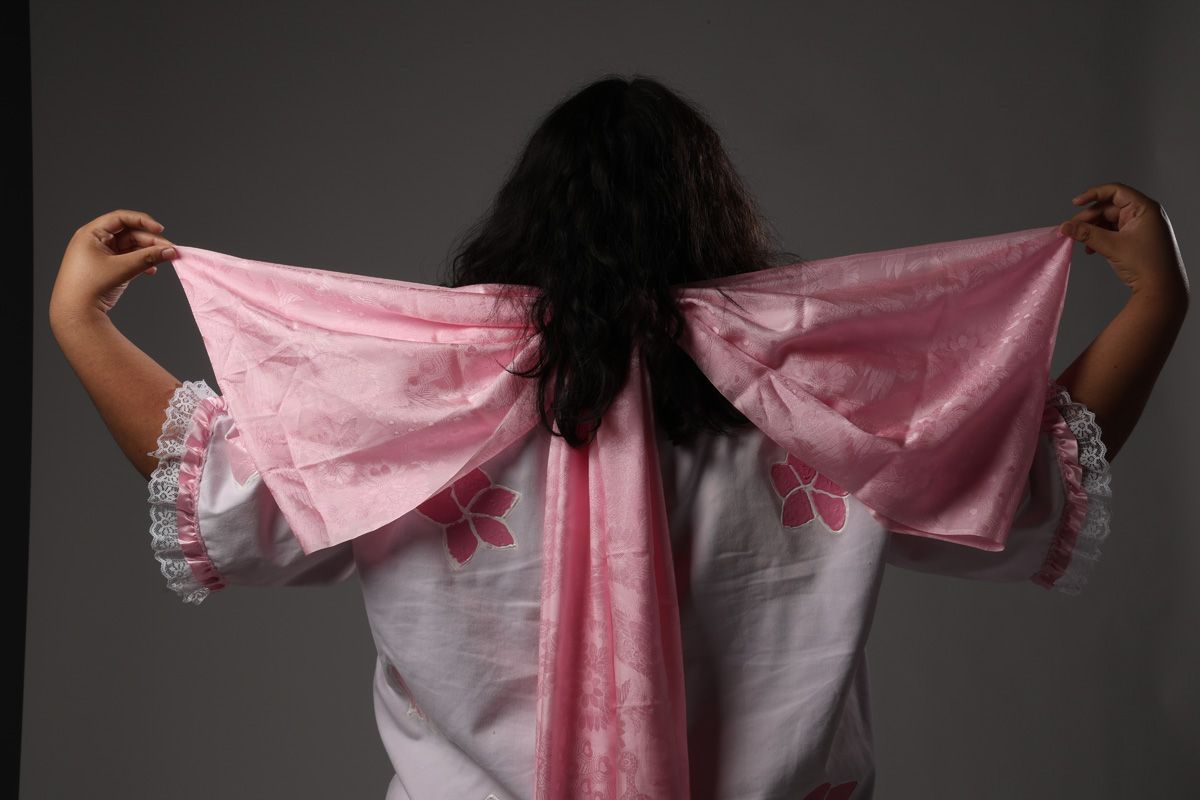“I think having an OPT and H-1B visa is what makes America great,” says a dark-haired man wearing black, rectangular-shaped glasses. “You can attract power and intellectual minds from all over the world to work in the U.S., to help gain better innovations and get better ideas of what’s happening in the global sense.”
Twenty-two-year-old Ka Wing Tsang, also known as Louis, is one of the many international students at San Francisco State University planning to apply for an Optional Practical Training (OPT), an off-campus work authorization for students with an F-1 visa.
F-1 student visas allow international students to enter the United States as full-time students at any college or university. The students must be part of a program of study that enables them to get a degree or diploma. In order to accept international students, the school must also have an authorization by the U.S. government. The Office of International Programs at San Francisco State shows that there were 1,336 students holding F-1 visas during Fall 2016, with 1,032 undergraduates and 304 graduates. That same semester, CSUMentor states that San Francisco State had a total enrollment of 30,256, making international students 4.42 percent of the school’s student body.
“The benefit of an OPT is to help international students get work experience, because as we are studying in college or in universities we are not allowed to work as a full-time worker,” Tsang, a Hong Kong native, explains. “So having an OPT really helps international students get some real-life experience in the career that they want to do in the future.”
Tsang is one of the many international students in the U.S. with an F-1 visa concerned with the possibility of a retraction of OPT. With the banning of seven countries in the Middle East, and a number of executive orders meant to regulate the migration from and to the U.S., foreign students and employees could be the next target for President Trump. OPT is one of the programs that is a pathway for international students to work here for a year before they are eligible to apply for an H-1B working visa. Without OPT, international students have only one choice after graduation, which is to go back to their home countries. This not only affects international students who have to leave their lives in the U.S., but also the many tech companies in Silicon Valley, and the rest of the country, counting on highly skilled foreigners to make up for gaps in the domestic workforce.
“My current plan would be applying for OPT, and after OPT I will apply for law school,” Tsang continues. “But if OPT is gone, I would definitely go back to my home country. It’s going to be really difficult, though, because without work experience I think it will be a lot harder to get a job.”
With trembling eyes, Tsang voices his fears of a future without the OPT program, “If OPT has been taken away, then on my resume it will show up that there’s a gap year or there will be a blank page. It’s a gap that is hard to fill in because if your future employer asks you in the interview: ‘what have you done after college?’ then, it is really hard for not only me, but also other international students who study here.”
Xing Zhang and Yansen Liu, two international students from China, majoring in computer science at San Francisco State, share the same fears as Louis. “If I get an internship here through OPT, I will have more opportunities to find a better job when I go back to China. It would be a lot harder if I just go back home after graduation.” Zhang continues, “But if OPT is gone, then I’ll just have to go back home because there’s no other visa that allows me to stay in America legally.”
“Because the situation in China is pretty complicated, it’s much harder to find a job there compared to here.” Liu emphasizes. “So for most people (international students from China), they want to find a job here through OPT, and then later apply for a working visa.”
Across campus, the Office of International Programs (OIP) is found in Village Building C, and offers help to both international and domestic students looking for either an escape from home, or a welcome back. As student after student walk into the OIP, many have a specific request to see Mei-Ling Wang, a coordinator of international student advising. Wang, a dark-haired woman wearing round, black glasses, opens the door and calls the first student on the list to her office.
“Thank you for coming!,” Wang says with a smile while opening the door that leads to her office. She is dressed in a long-sleeve, dark-green shirt with black pants. Her coffee mug is placed on a pile of papers sitting atop her desk.
She walks back into her office and settles down into her chair. “OPT is a beneficial program for a lot of international students because it is a good opportunity for them to see the real world, to apply what they have learned in school,” she explains.. “And for international students, it’s an extension of a cultural experience. When you start to work off-campus you actually learn a lot of different things that you won’t get to learn in school.”
CNN reports that reforms on visa programs, as part of a grander immigration reform, will probably be done through an executive order. A draft of an executive order dated January twenty-three showed some mention of student visas as well as the H-1B visa, a visa used by companies to hire foreign workers.
“I think the things international students should do is, if anyone really cares about what’s going on, then the thing to do is to read,” she puts her thumbs up before putting her hands back together and continues, “Read information from reliable sources, instead of sharing anything you see on Facebook. You really have to study it yourself and make your own judgment rather than saying ‘Oh, that person said this and that,’ that’s not helping. That’s why people get stressed out.”
The fate of student visas remains unclear except for the demands that a redraft of the January twenty-third executive order be made within ninety days. At the time of publication, fifty-eight days have passed, leaving thirty-two days left for a redraft to be made.
During this time of uncertainty, nothing is set in stone for international students. But don’t panic! As Mei-Ling says, “We stay calm. We monitor the situation and get proper advice from the university.”






